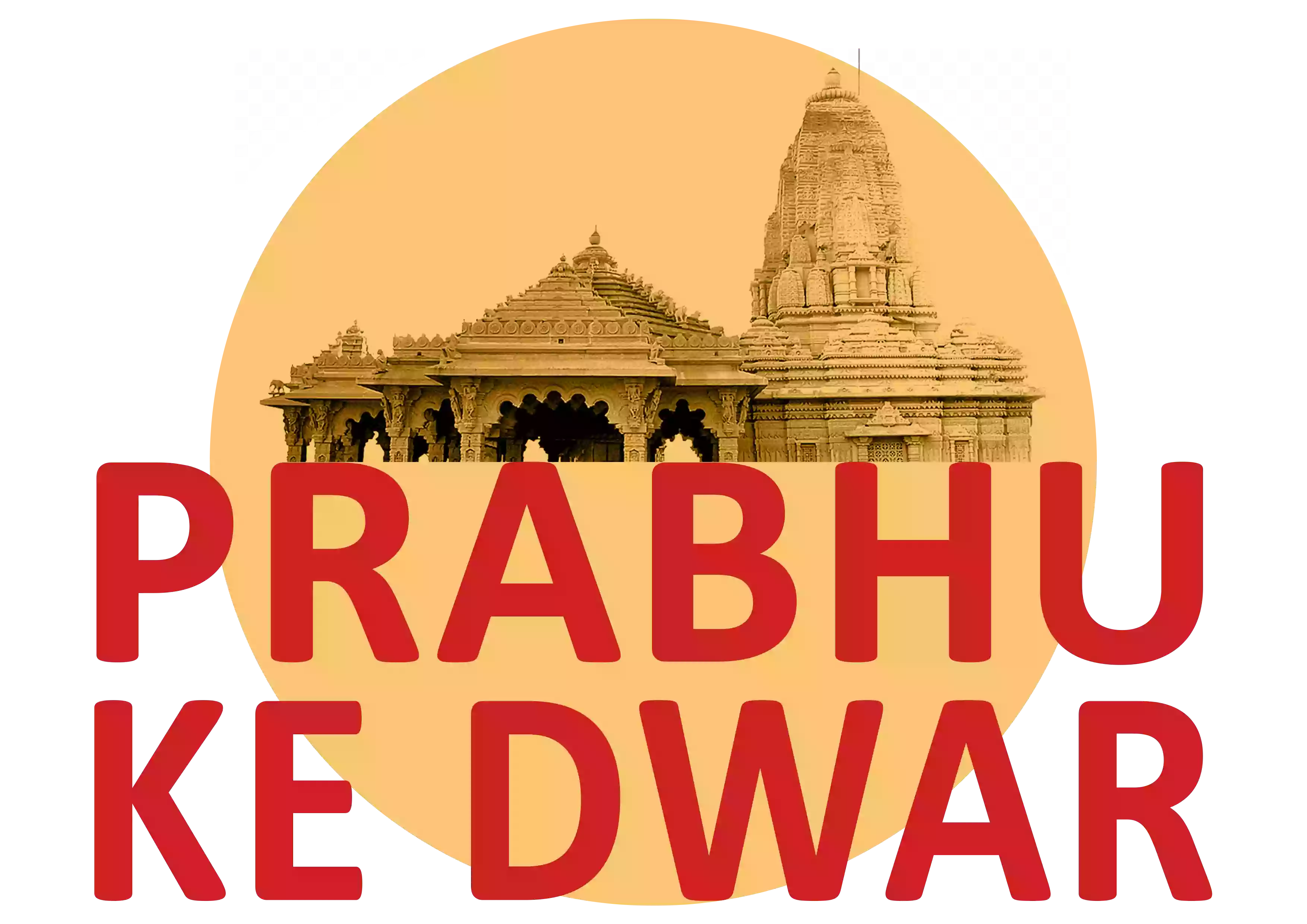Yoga, originating from ancient India, isn't merely a physical exercise but a holistic practice aimed at integrating the body, mind, and spirit. Its philosophy revolves around achieving harmony and balance, making it not just a workout but a way of life.
Introduction to Yoga
What is Yoga?
Yoga, stemming from the Sanskrit word "yuj," meaning to yoke or unite, is a discipline that dates back thousands of years. Its roots are deeply entrenched in Indian culture, evolving as a spiritual practice with physical and mental benefits.
Origins of Yoga
Yoga's origins can be traced back to ancient India, where it was developed as a means to attain spiritual enlightenment. It has since transcended boundaries and evolved into various forms practiced worldwide.
Philosophy behind Yoga
At its core, yoga is about fostering a connection between the individual consciousness and the universal consciousness. It encompasses ethical principles, self-discipline, physical postures (asanas), breath control (pranayama), and meditation, all aimed at achieving inner peace and self-realization.
Health Benefits of Yoga
Physical Benefits
Yoga offers a plethora of physical advantages that contribute to overall well-being.
Flexibility and Strength
Yoga poses, or asanas, focus on stretching and strengthening muscles, improving flexibility and range of motion. Regular practice can alleviate muscle tension and enhance posture.
Cardiovascular Health
Certain yoga styles incorporate dynamic movements that elevate heart rate and improve cardiovascular health. Practices like Vinyasa and Power Yoga provide a cardiovascular workout, enhancing heart function and circulation.
Mental Benefits
The benefits of yoga extend beyond the physical realm, positively impacting mental health and emotional well-being.
Stress Reduction
Yoga encourages relaxation through mindful breathing and meditation, reducing stress hormones like cortisol. It promotes a sense of calm and tranquility, alleviating anxiety and tension.
Improved Mental Clarity
The meditative aspect of yoga fosters mental clarity and focus. By quieting the mind and practicing mindfulness, individuals experience heightened concentration and cognitive function.
Different Types of Yoga
Yoga comes in various styles, each offering unique approaches and benefits tailored to different preferences and fitness levels.
Hatha Yoga
Hatha, the foundation of all yoga styles, focuses on basic postures and breathing techniques.
Focus on Basics
Hatha classes typically involve gentle stretching and holding poses, making it ideal for beginners. It emphasizes alignment and proper breathing, laying the groundwork for other yoga practices.
Gentle and Slow-Paced
Hatha yoga sessions are characterized by a slow-paced flow, allowing practitioners to ease into poses and deepen their practice gradually. It's suitable for individuals of all ages and fitness levels.
Vinyasa Yoga
Vinyasa yoga emphasizes the seamless flow between poses, synchronized with breath.
Flowing Movement
Vinyasa classes feature dynamic sequences of poses, linked together by smooth transitions. It promotes fluidity and grace, enhancing flexibility and strength.
Synchronization of Breath and Movement
The hallmark of Vinyasa yoga is the synchronization of breath with movement. Each pose is coordinated with either an inhale or exhale, fostering a meditative state and promoting mindfulness.
Bikram Yoga
Bikram yoga, also known as hot yoga, involves practicing in a heated room to promote detoxification and flexibility.
Hot and Sweaty
Bikram classes are conducted in rooms heated to around 105°F (40.6°C), facilitating profuse sweating and detoxification. The heat loosens muscles, allowing for deeper stretching and enhanced flexibility.
Consistency in Poses
Bikram sequences consist of 26 poses and two breathing exercises, performed in a specific order. The structured routine provides consistency and allows practitioners to track their progress over time.
Tips for Yoga Beginners
Embarking on a yoga journey can be intimidating for beginners, but with the right approach and mindset, it can be a rewarding and transformative experience.
Start Slow and Steady
Listen to Your Body
It's essential to honor your body's limitations and avoid pushing yourself too hard, especially in the beginning. Listen to signals of discomfort or pain and modify poses as needed to prevent injury.
Find the Right Teacher
Choosing a knowledgeable and experienced yoga instructor can make a significant difference in your practice. Look for someone who resonates with your personality and teaching style, creating a supportive and nurturing environment.
Focus on Breath
Mindfulness in Breathing
Conscious breathing is integral to yoga, serving as a anchor for the mind and body. Focus on deep, diaphragmatic breathing, inhaling and exhaling slowly and steadily to promote relaxation and concentration.
Deep Breathing Techniques
Explore pranayama techniques like Ujjayi breath, Kapalabhati, and Nadi Shodhana to enhance breath awareness and control. These techniques help regulate the nervous system and promote a sense of calm.
Practice Regularly
Establishing a Routine
Consistency is key to progress in yoga. Set aside dedicated time for practice each day, even if it's just a few minutes. Building a routine helps cultivate discipline and keeps you committed to your journey.
Setting Realistic Goals
Be patient with yourself and set achievable goals that align with your abilities. Celebrate small victories along the way and recognize that progress in yoga is measured not just by physical advancements but also by inner growth.
Conclusion
Incorporating yoga into your life can yield a multitude of benefits, both physically and mentally. Whether you're looking to improve flexibility, reduce stress, or enhance overall well-being, yoga offers a holistic approach to health and self-discovery. Embrace the journey, and let your practice be a reflection of your innermost desires for growth and transformation.
FAQs (Frequently Asked Questions)
1. Is yoga suitable for beginners?
- Absolutely! Yoga caters to individuals of all fitness levels and can be modified to suit beginners' needs.
2. How often should I practice yoga?
- Ideally, aim for at least 3-4 sessions per week to experience noticeable benefits. Consistency is key!
3. Can yoga help with weight loss?
- While yoga alone may not lead to significant weight loss, it can complement a healthy lifestyle by improving metabolism and promoting mindfulness, which may aid in weight management.
4. What should I wear to a yoga class?
- Opt for comfortable, breathable clothing that allows for unrestricted movement. Avoid overly baggy or tight attire that may hinder your practice.
5. Is yoga a religious practice?
- While yoga has spiritual roots, it is not inherently religious. It can be practiced by individuals of any faith or belief system, focusing solely on the physical and mental aspects of the practice.




